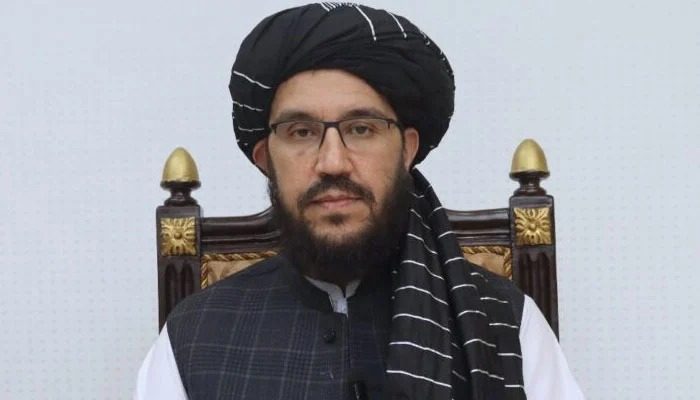“Our policy is very clear: we do not support non-state actors,” Shakeeb stated, attempting to assuage Pakistani fears over the activities of militant groups that have allegedly operated from Afghan territory

News Desk
KABUL: In a significant development concerning regional security, Afghan Chargé d’Affaires Maulvi Sardar Ahmad Shakeeb has publicly addressed Pakistan’s security concerns regarding Afghanistan, asserting that the Afghan government does not support non-state actors involved in cross-border activities. Speaking at a media briefing in Islamabad, Shakeeb acknowledged the security challenges that both nations face and emphasized the necessity for stability in the region.
“Our policy is very clear: we do not support non-state actors,” Shakeeb stated, attempting to assuage Pakistani fears over the activities of militant groups that have allegedly operated from Afghan territory. He recognized that Pakistan has expressed legitimate complaints about security issues that have their roots in Afghanistan, reiterating the Afghan government’s commitment to addressing these concerns comprehensively.
The Chargé d’Affaires further articulated, “We are trying to convince Pakistan that certain non-state actors are responsible for cross-border incursions,” highlighting Afghanistan’s intention to foster a secure environment. This assertion underscores the Afghan government’s desire to differentiate between its policy objectives and the actions of rogue groups that may threaten regional stability. Shakeeb also stressed the importance of maintaining open communication channels between Afghanistan and Pakistan, noting, “We have been in power for only three years, and we aim to be a conduit for connectivity in Central and South Asia.”
This statement reflects a broader vision for collaboration and dialogue, which both countries desperately need to navigate the complexities of their relationship and to tackle shared security challenges. As both governments grapple with the legacy of decades of conflict and mistrust, the emphasis on communication and partnership could be vital in creating a more secure and stable environment for their respective populations.



